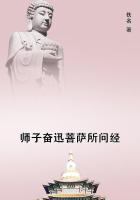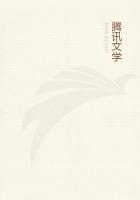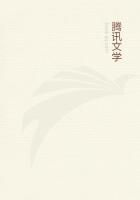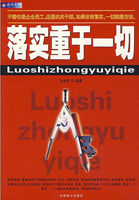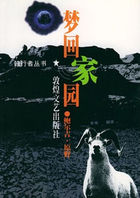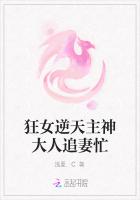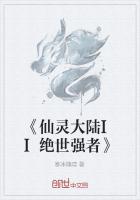I will not describe in detail the present mode of election, as the doing so would be tedious and unnecessary. Two facts I wish, however, to make specially noticeable and clear. The first is, that the President of the United States is now chosen by universal suffrage; and the second is, that the Constitution expressly intended that the President should not be chosen by universal suffrage, but by a body of men who should enjoy the confidence and fairly represent the will of the people. The framers of the Constitution intended so to write the words that the people themselves should have no more immediate concern in the nomination of the President than in that of the Senate. They intended to provide that the election should be made in a manner which may be described as thoroughly conservative. Those words, however, have been inefficient for their purpose. They have not been violated.
But the spirit has been violated, while the words have been held sacred; and the presidential elections are now conducted on the widest principles of universal suffrage. They are essentially democratic.
The arrangement, as written in the Constitution, is that each State shall appoint a body of electors equal in number to the Senators and Representatives sent by that State to Congress, and that thus a body or college of electors shall be formed equal in number to the two joint Houses of Congress, by which the President shall be elected.
No member of Congress, however, can be appointed an elector. Thus New York, with thirty-three Representatives in the Lower House, would name thirty-five electors; and Rhode Island, with two members in the Lower House, would name four electors--in each case two being added for the two Senators.
It may, perhaps, be doubted whether this theory of an election by electors has ever been truly carried out. It was probably the case even at the election of the first Presidents after Washington, that the electors were pledged in some informal way as to the candidate for whom they should vote; but the very idea of an election by electors has been abandoned since the Presidency of General Jackson.
According to the theory of the Constitution, the privilege and the duty of selecting a best man as President was to be delegated to certain best men chosen for that purpose. This was the intention of those who framed the Constitution. It may, as I have said, be doubted whether this theory has ever availed for action; but since the days of Jackson it has been absolutely abandoned. The intention was sufficiently conservative. The electors to whom was to be confided this great trust, were to be chosen in their own States as each State might think fit. The use of universal suffrage for this purpose was neither enjoined nor forbidden in the separate States--was neither treated as desirable or undesirable by the Constitution.
Each State was left to judge how it would elect its own electors.
But the President himself was to be chosen by those electors and not by the people at large. The intention is sufficiently conservative, but the intention is not carried out.
The electors are still chosen by the different States in conformity with the bidding of the Constitution. The Constitution is exactly followed in all its biddings, as far as the wording of it is concerned; but the whole spirit of the document has been evaded in the favor of democracy, and universal suffrage in the presidential elections has been adopted. The electors are still chosen, it is true; but they are only chosen as the mouth-piece of the people's choice, and not as the mind by which that choice shall be made. We have all heard of Americans voting for a ticket--for the Democratic ticket, or the Republican ticket. All political voting in the States is now managed by tickets. As regards these presidential elections, each party decides on a candidate. Even this primary decision is a matter of voting among the party itself. When Mr.
Lincoln was nominated as its candidate by the republican party, the names of no less than thirteen candidates were submitted to the delegates who were sent to a convention at Chicago, assembled for the purpose of fixing upon a candidate. At that convention Mr.
Lincoln was chosen as the Republican candidate and in that convention was in fact fought the battle which was won in Mr.
Lincoln's favor, although that convention was what we may call a private arrangement, wholly irrespective of any constitutional enactment. Mr. Lincoln was then proclaimed as the Republican candidate, and all Republicans were held as bound to support him.
When the time came for the constitutional election of the electors, certain names were got together in each State as representing the Republican interest. These names formed the Republican ticket, and any man voting for them voted in fact for Lincoln. There were three other parties, each represented by a candidate, and each had its own ticket in the different States. It is not to be supposed that the supporters of Mr. Lincoln were very anxious about their ticket in Alabama, or those of Mr. Breckinridge as to theirs in Massachusetts.
In Alabama, a Democratic slave ticket would, of course, prevail. In Massachusetts, a Republican free-soil ticket would do so. But it may, I think, be seen that in this way the electors have in reality ceased to have any weight in the elections--have in very truth ceased to have the exercise of any will whatever. They are mere names, and no more. Stat nominis umbra. The election of the President is made by universal suffrage, and not by a college of electors. The words as they are written are still obeyed; but the Constitution in fact has been violated, for the spirit of it has been changed in its very essence.
The President must have been born a citizen of the United States.
This is not necessary for the holder of any other office or for a Senator or Representative; he must be thirty-four years old at the time of his election.

